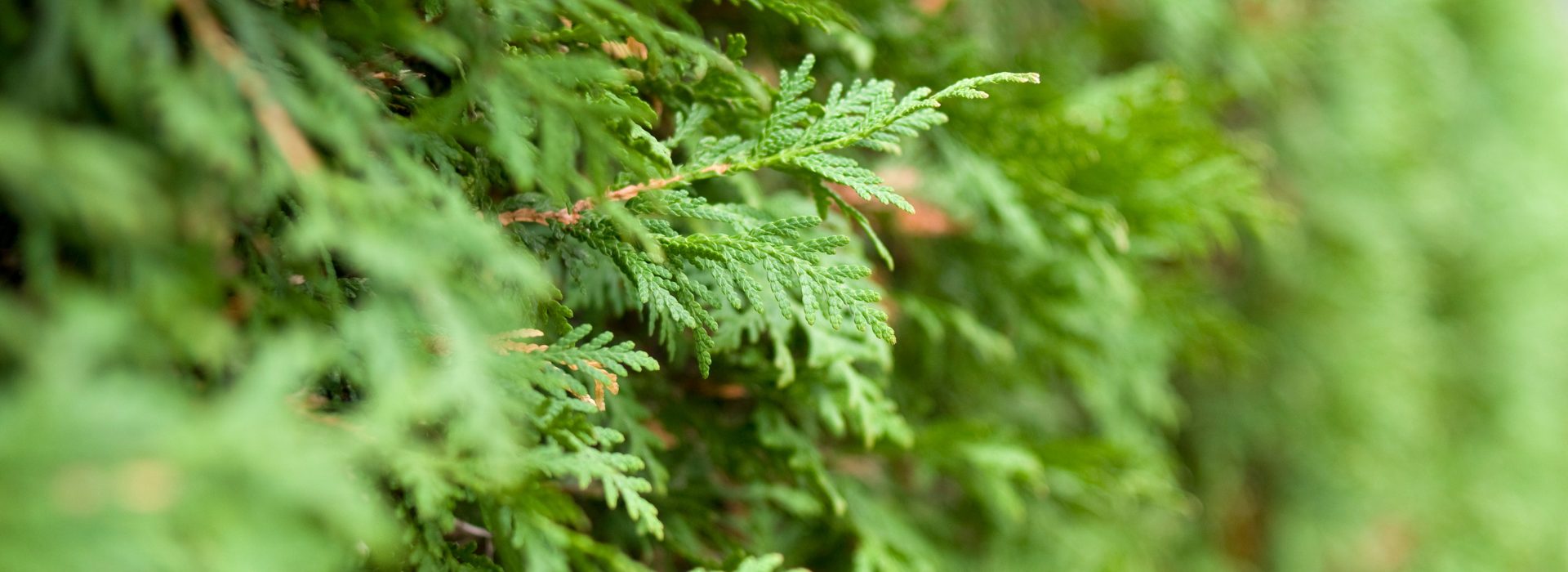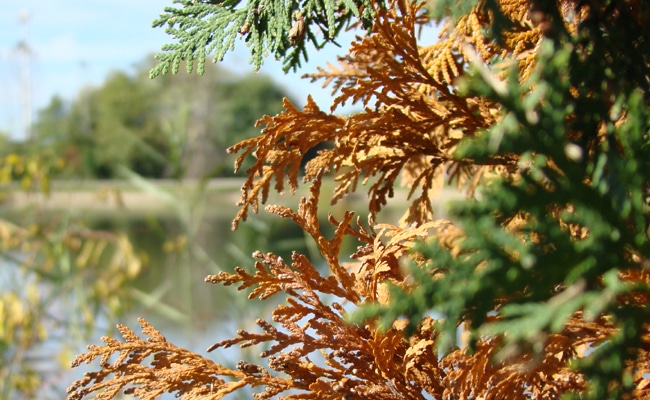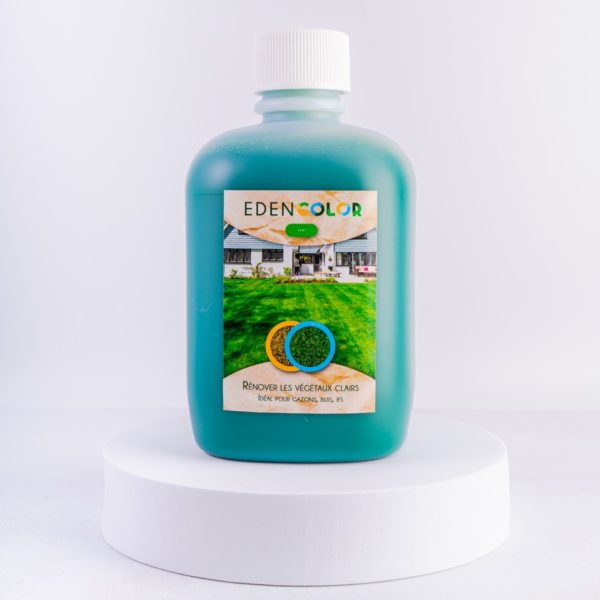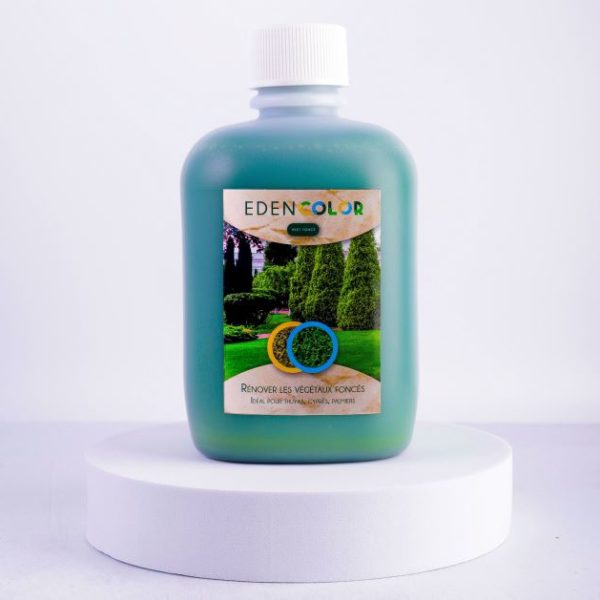Sep, 2023

Cedars diseases
Like all plants, they are subject to various diseases that can compromise their health and aesthetics.
It's important to learn about cedar diseases so you can treat them as effectively as possible.
Why are cedars prone to disease?
Several factors contribute to this. The main reasons are as follows :
- Growing conditions: Thuja generally thrives in sunny soils. When grown in unsuitable conditions, such as waterlogged soils or areas with little light, their natural immunity can be compromised.
- Planting density: A dense cedar plantation can create an environment conducive to the spread of disease by limiting air circulation and promoting humidity.
- Susceptible varieties: Some cedar varieties are more susceptible to certain diseases than others. Variety choice can therefore have an impact on disease resistance.
Common cedar diseases
- Cytosporium canker (Cytospora canker): It manifests as dark brown or black lesions on the bark, usually close to the ground. Affected branches may wilt, dry out and eventually die.
- Cedar-Apple Rust: A fungal disease that causes small orange growths on cedar leaves.
- Cercospora Needle Blight The disease is characterized by the appearance of brown or black spots on cedar needles. Infected needles may turn yellow, wilt and fall off.
- Thuja Blight: Depends on unfavorable environmental conditions and pathogens such as fungi and bacteria. Symptoms include yellowing of needles and falling branches.

Prevention and treatment
Appropriate planting
Choose cedar varieties suited to your region and plant them in appropriate soil and light conditions.
Hygiene
Remove infected plant parts regularly to prevent the spread of disease.
Appropriate watering
Make sure your cedars receive the nutrients they need, and avoid watering the needles.
Regular monitoring
Inspect your plants regularly for signs of pests or disease.
Find out more about our article ''Reviving cedars''.



